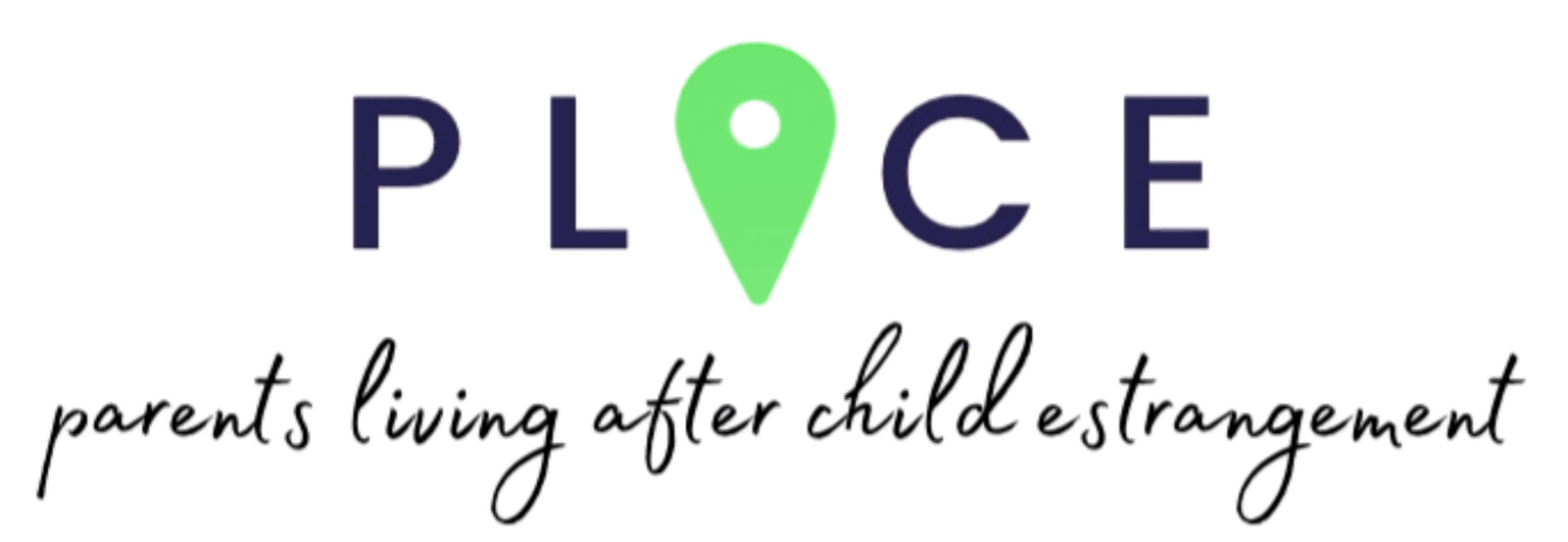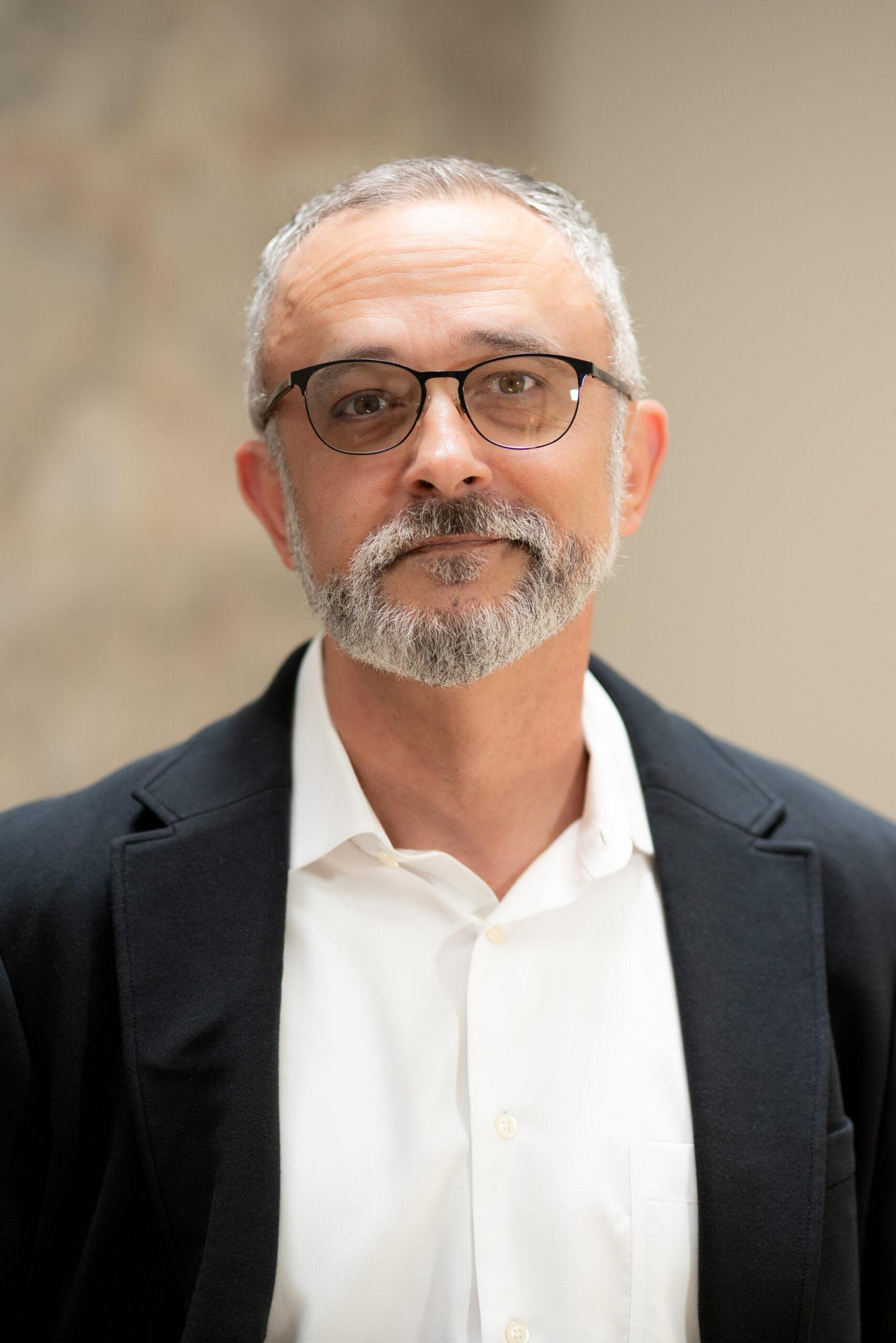By Brian Briscoe, LPC, LMFT
Founder, PLACE – Parents Living After Child Estrangement
It’s one of the hardest questions I hear from the parents I work with:
“Could my child cutting me off actually be healthy for them?”
At PLACE, we sit with painful realities. Not to wallow in them, but to name them, understand them, and begin to heal. And this question—can estrangement ever be healthy?—requires an especially compassionate, honest response.
The truth? Yes. In some cases, estrangement is a boundary that was long overdue. It can serve a function. It can even lead to healing—eventually. But that doesn’t make it easy. And it doesn’t mean your pain isn’t real.
If you’re a parent who’s been cut off, you might be feeling blamed, vilified, or deeply misunderstood. You might be desperate to reconcile. Or maybe, secretly, you also wonder if you would have been better off estranging your own family years ago.
Let’s unpack this idea with nuance and care.
Why Do People Choose Estrangement?
Estrangement doesn’t always stem from conflict or cruelty. Sometimes, it’s not about “bad parenting” or “ingratitude.” In my clinical experience, adult children usually choose estrangement because they:
- Don’t feel emotionally safe
- Have experienced sustained invalidation or neglect
- Are repeating patterns they saw growing up (consciously or not)
- Feel like previous attempts at communication or boundaries failed
- Have been influenced by outside voices or ideologies
Sometimes estrangement is a reactive attempt to gain power or distance. Other times, it’s a carefully considered act of self-preservation.
That doesn’t mean it’s fair. It doesn’t mean it’s the best or only option.
But in some cases, it’s the only way someone knows how to protect themselves.
When Estrangement May Serve a Healthy Function
Here’s where it gets uncomfortable—but important:
Estrangement can sometimes be the healthiest choice when:
- The relationship has been persistently abusive or toxic
- Communication is consistently harmful or dismissive
- The adult child is working through trauma and needs emotional distance
- The parent refuses to acknowledge or respect boundaries
- There’s an untreated mental illness or addiction issue affecting the relationship
In these cases, temporary or permanent separation may give the adult child space to heal, build identity, or gain clarity. It may help them establish differentiation—a psychological process of becoming their own person, separate from their parents.
This doesn’t mean you’re a “bad parent.”
But it may mean that something in the dynamic wasn’t working.
And healing may require some space.
Important Distinction: Healthy ≠ Easy or Pain-Free
When I say estrangement can be healthy, I don’t mean it’s painless or perfect. Far from it.
It may be:
- Chaotic and abrupt
- Full of misunderstanding
- Misguided in some ways
- Fueled by outside misinformation (like certain “cutoff culture” trends)
- Grief-inducing for both sides
Estrangement can serve a short-term purpose and still cause long-term heartache. It can be a sign of dysfunction and a doorway to healing.
What If It Wasn’t Healthy?
Let’s be honest—sometimes estrangement is a harmful or impulsive act. Maybe it was triggered by a third party. Maybe your adult child is in emotional distress themselves. Maybe it was meant to manipulate, punish, or exert control.
In these cases, the estrangement isn’t necessarily “healthy”—but it still requires a healthy response from you. And that means:
- Getting support for your grief and mental health
- Learning healthy boundaries on your side of the street
- Staying open without being self-sacrificing
- Avoiding reactive behaviors like guilt-tripping, chasing, or shaming
- Practicing radical acceptance while also holding hope
Whether or not the estrangement was “healthy,” your response can be. That’s where your power lies.
Reframing the Question: What Can I Learn From This?
Instead of asking “Was this healthy or not?”, try asking:
- What patterns in our relationship may have gone unnoticed or unaddressed?
- What was my child trying to tell me—even if I disagree with how they did it?
- What kind of parent do I want to be now—even in the silence?
- What does healing look like for me?
Therapies like Narrative Therapy, Mindfulness-Based Cognitive Therapy, and DBT can help parents do this kind of reflection without blaming themselves, but still growing from the experience.
Can a Relationship Heal After “Healthy” Estrangement?
Yes—if both parties are willing.
Sometimes, time and space lead to insight. Sometimes adult children come back not because they miss you, but because they’ve done their own healing.
The key is to focus on your own healing first.
Because even if they never return, you are still worthy of peace, joy, and a meaningful life.
How to Cope When Estrangement Feels Like Rejection
Even if you understand the reasons—even if you agree it might have been healthy—it still hurts. A lot.
That’s why I recommend these tools:
1. Work With a Therapist or Coach
A professional who understands estrangement (like those at PLACE) can help you untangle the guilt, grief, and confusion.
2. Join a Peer Support Group
Places like our virtual support groups offer something unique: solidarity without shame.
3. Set Boundaries With Yourself and Others
Protect your energy from toxic hope, obsessive thoughts, or outside judgment. Practice assertive, flexible boundaries.
4. Grieve the Relationship You Wanted
You may never get the version of the relationship you imagined. That grief is real and valid. (This is covered deeply in our blog on grief and estrangement.)
Estrangement May Be Their Choice. Healing Is Yours.
Estrangement is never easy. But it can sometimes be necessary. And even if it wasn’t, it’s here—and it’s real. And so is your pain.
The question isn’t whether estrangement was “healthy.”
The question is:
How can you move forward in a way that protects your heart, honors your story, and creates space for growth—no matter what comes next?
That’s what we do at PLACE.
We help parents like you learn to live with the unknown, grieve the loss, and reclaim your sense of peace—whether your child comes back or not.
If that sounds like something you need, reach out. I’m here.



